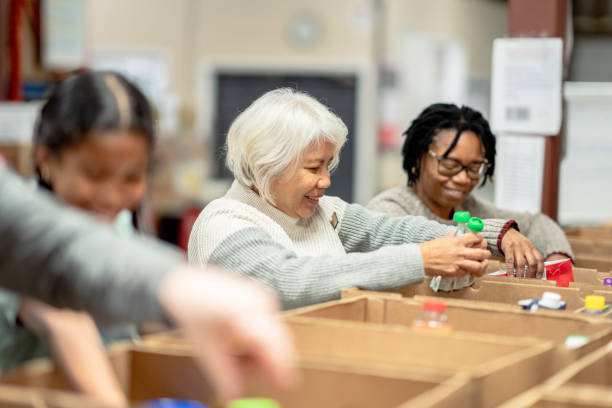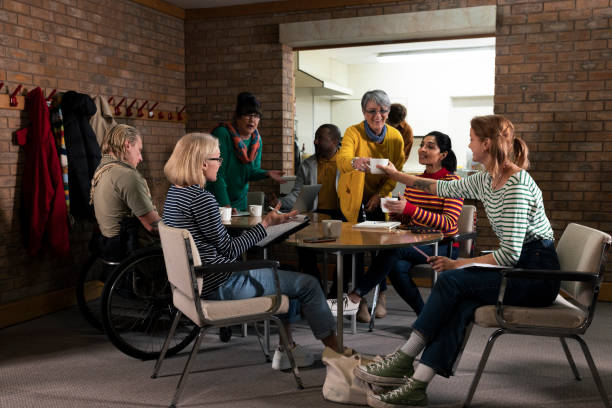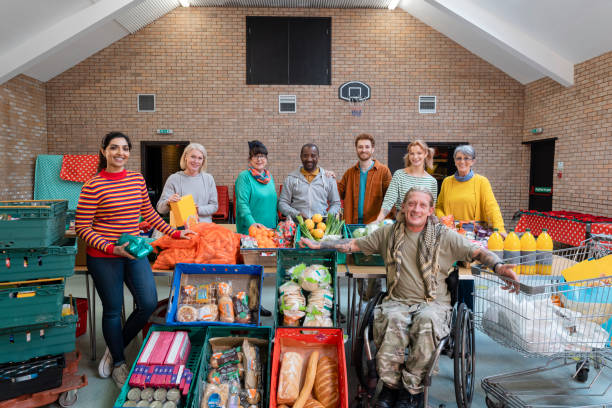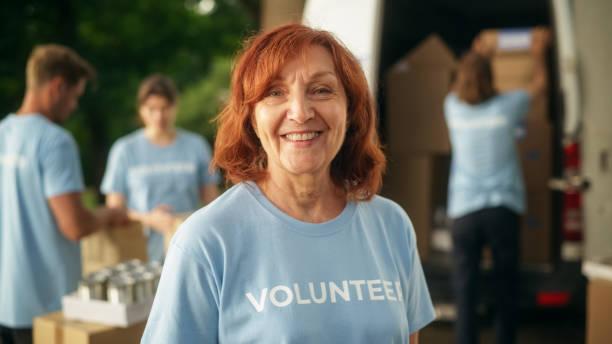Serving the community by volunteering has enormous benefits that go well beyond its immediate effects and can connect generations. Volunteering may offer happiness, pleasure, and a purpose to anyone, regardless of age (16 to 60). Let's explore the impact that volunteering has, especially for seniors, and why it's never too late to get started.

What Did We Find?
In a research uncovered fascinating insights into volunteering habits across different age groups. Here's a snapshot of our findings:
- 21% of our sample had volunteered, with older cohorts showing a greater prevalence of volunteering.
- Younger cohorts reported higher levels of mental distress but better health-related quality of life.
- People aged 16-17 had the highest volunteering rate at 28%.
- Those aged 45 to 54 followed closely with a 27% volunteering rate.
- Parents with children under 18 volunteered at a higher rate (30%) than those without children in their household (21%).

The Power of Volunteering for Seniors
Volunteering among seniors is more than just a way to pass the time—it's a pathway to improved quality of life. Here are some key benefits:
1. Enhanced Quality of Life
Volunteering has been connected to reduced mortality rates, greater social networks, and increased physical activity. Seniors who remain engaged and active can preserve their independence and standard of living.
2. Stronger Social Networks
For the elderly, isolation can be a serious problem, particularly for those who have retired or lost a spouse. Through volunteering, they can build relationships and make new friends while also feeling like they belong.
3. Increased Physical Activity
Engaging in physical activities is a requirement for many volunteer endeavours, such as gardening, meal delivery, or community event participation. Better general health and energy may result from this increase in physical exercise.
4. Lower Mortality Rates
Studies have shown that seniors who volunteer regularly have lower mortality rates than those who do not. The combination of social interaction, physical activity, and a sense of purpose contributes to a longer, healthier life.

How to Get Started: Useful Advice
See an Elderly Residence
Spend time with senior citizens by becoming a companion and listening to their tales. Their emotional health can be greatly improved by this small deed of compassion.
Assist in Maintaining Contact
Facilitate elders' continued social interaction with friends, relatives, and the larger community. Help them bridge the generational divide by assisting them with technology, such as setting up social media accounts or video conversations.
Create a Secure Environment
Ensure that the places where seniors spend their time are safe and welcoming. Advocate for accessible facilities and support services that cater to their needs.
Learn How to Make Them Happy
Understand what activities and interactions bring joy to seniors. Whether it's organising a game night, arranging a musical event, or simply sharing a meal, find ways to bring happiness into their lives.

The Ripple Effect: Purpose and Positivity
An important sense of purpose, especially for older persons, can be found through volunteering. Helping others can help those who have retired or faced a loss of fresh purpose and direction in life. A more optimistic view of life and future objectives is frequently the result of this revitalised feeling of purpose.
Take the First Step
Even unstructured community volunteering can make a significant difference. Your contributions benefit the community as well as yourself; you feel better physically and mentally and have a renewed sense of purpose in life. No matter how old you get, you can always get better. Experience the transforming impact of giving back by beginning today.

